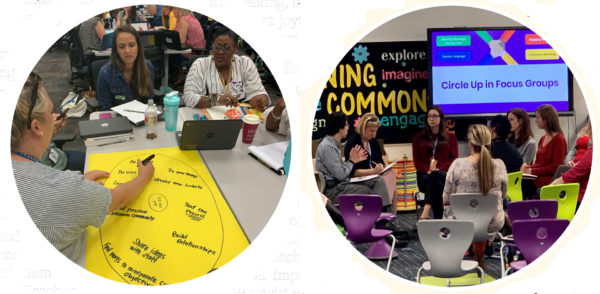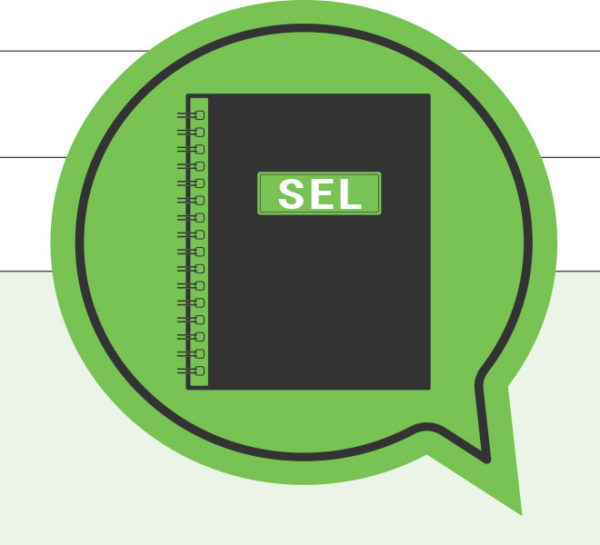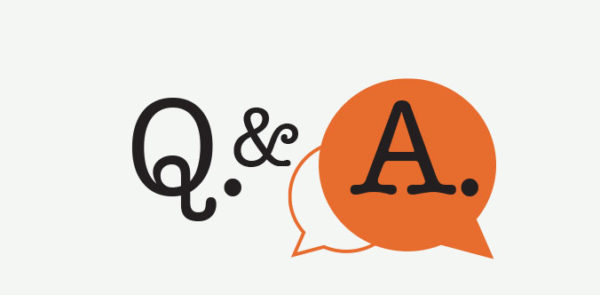The Power of Cooperation
Contributing Editor: Emily Hemingway, Director of Publications
Perhaps no month is more appropriate to consider cooperation than February 2021: two months into the new year, weeks into a new presidency, and days into Black History Month’s 95th celebration. February offers appreciation for other perspectives and the possibility of new beginnings, all growing from the power of cooperation.
The C.A.R.E.S. Standards define cooperation as the ability to establish new relationships, maintain relationships and friendships, avoid social isolation, resolve conflicts, accept differences, be a contributing member of one’s classroom and community, and work productively and collaboratively with others.
This month we explore cooperation in concrete ways between people and in more abstract ways between cultures, between research and practice, and between standards and instruction. Chip Wood and Janie Cofie each cover the ways that adults in school communities work collaboratively. Maria Paz Galarce Crain and Dr. Patricia Crain de Galarce pair science and self-care to help us understand the impact 2020 had on educators and provide strategies for making 2021 healthier and happier. Angelyn Nichols and Allison Sansone describe what happens when educators collaborate in building their educational community. Dr. Stephanie Jones shares insights from her groundbreaking work in the field of SEL research. Finally, we suggest practical ways to honor Black History Month in February and beyond.
As you read these articles, consider the role cooperation plays in your own life. How can you harness cooperation’s power to connect, learn, and inspire this month?
Articles in this Issue

A Journey in Adult Cooperation: The Responsive Classroom Academy
Teachers, just like their students, thrive when they are part of a safe, inclusive, and joyful learning community. This kind of environment allows us to feel free to take risks,…

Celebrating Black History Month
Download resources and activities to how to help your students value and recognize different cultures throughout the year here:

Overcoming Isolation and Fatigue: Six Strategies for These Challenging Times
These are challenging times for educators. Many report feeling irritable, fatigued, alone, and anxious. Educators are being asked to teach in multimodal ways, pivot on a moment’s notice, and meet…

Trust Is More Than a Feeling, Cooperation More Than a Strategy: Child Development and SEL
Social, emotional, and cognitive competencies enhance the development of a level of trust necessary to foster continuous learning and achievement. This is true for teachers as well as for students.…

From Our SEL Field Notebook: A Conversation With SEL Researcher Dr. Stephanie Jones
Emily Hemingway: You wrote in The Future of Children (2017) about SEL being at a crossroads, that there was great research but still this skepticism about whether SEL had a…

Parent-Teacher Cooperation and Student Success with Jane Cofie
How important is cooperation in creating effective collaboration between teachers and parents? Jane Cofie: Cooperation is a key component in an effective partnership between teachers and parents. It begins with…

Setting the Standard for SEL
The C.A.R.E.S. standards . . . help students learn the skills that we know will create the conditions for success in school and outside of school. In 1983, the U.S.…
